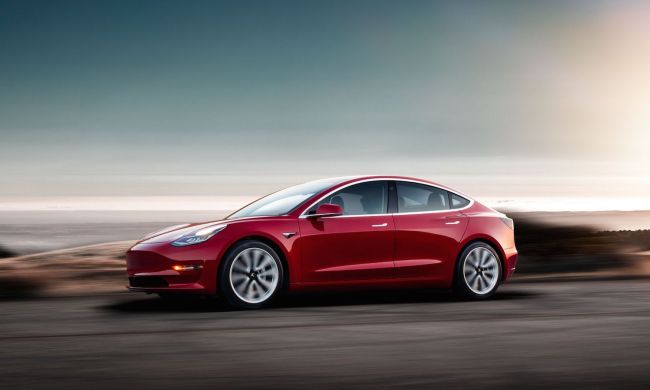
Cutting transportation emissions is a key factor in achieving Germany’s pledge to reduce CO2 levels by 80 to 95 percent by 2050. Because cars last a long time, 20 years on average in Germany, unless more new cars cut emissions soon, catching up will take too long. Basically, the message is that gasoline- and diesel-powered cars will not be sold in Germany in the future, and eventually those emissions-spewing machines will stop adding to the CO2 levels.
Speaking at an economic forum, German Deputy Economy Minister Rainer Baake said, “We don’t have any answers to cut truck emissions right now but we do have answers for cars.”
if you take a snapshot of cars on the road in Germany today, the challenge is apparent. In January 2016, of cars registered in Germany, there were 130,000 hybrids, 25,000 all-electric, 30 million gasoline, and 14.5 million diesel cars.
The interim goal is to increase electric and hybrid cars to 8 percent of the those on the road by 2025. The plan is to add one million hybrid and all-electric cars by 2020 and 6 million by 2030.
Economic incentives announced earlier in Germany amounting to 1 billion euros ($1.1 billion U.S.) for electric car purchases are expected to result in approximately 500,000 hybrid and all-electric vehicle sales by 2020, half of the planned total.
The country will need to take emissions reduction measures in other areas as well, as transportation is estimated to account for about 20 percent of Germany’s carbon dioxide pollution. It sounds like the decision on cutting emissions from automobiles is now set.



